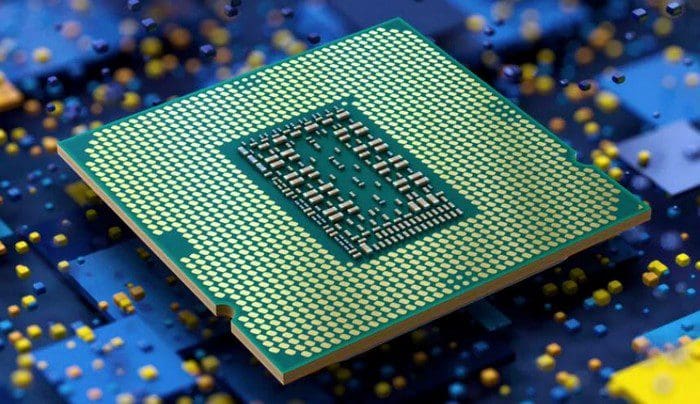Computer components are designed to operate at very specific parameters.
With adequate cooling it is often possible to push the hardware a bit further by overclocking it.
One of the critical parameters is the voltage being supplied to the component.

Thus, overclocking increases the overall processor performance or the bandwidth of RAM.
This can make it easier to reset if you work out that your overclock or overvolt just isnt stable.
What does voltage have to do with it?
Overclocking increases the power draw of the component.
While you remain within the official performance parameters, things should work just fine.
Not having enough power will cause overclocks to be unstable.
This would typically take the form of system crashes.
Providing more voltage to the component can make what was an unstable overclock, stable.
Great care, however, must be taken when increasing voltage.
0.015V would be considered a really big voltage change, even from the default setting.
Overvolting your CPU especially, can significantly increase temperatures.
You will need a high-end cooling system to handle it and a decent air-flow configuration in your case.
Its a good idea to check what the overclocking community considers safe voltage limits for your components.
Most of the overclocking community does target safe voltage levels for long term, daily usage.
Be warned, however, that some people may push further than that for attempt to achieve record-breaking performance.
Many of these channels also go into extensive depth which can be excellent if youre interested in learning more.
Wed generally highly recommend checking out a few sources so you could check that their advice lines up.
This should help you to avoid bad advice from trolls.
The silicon lottery is a humourous name used to describe the fact that each component is unique.
Some are simply slightly better than others and that can make a performance difference.
Conclusion
Overvolting is the process of providing more than the default voltage to a component.
This is almost exclusively done as part of an overclocking process.
Increasing the voltage does not increase the performance directly.
It does, however, potentially increase the stability of higher overclocks.
Increasing the voltage will increase the heat output of your system, so you need good cooling.
Increasing the voltage can also permanently damage or even outright kill components.